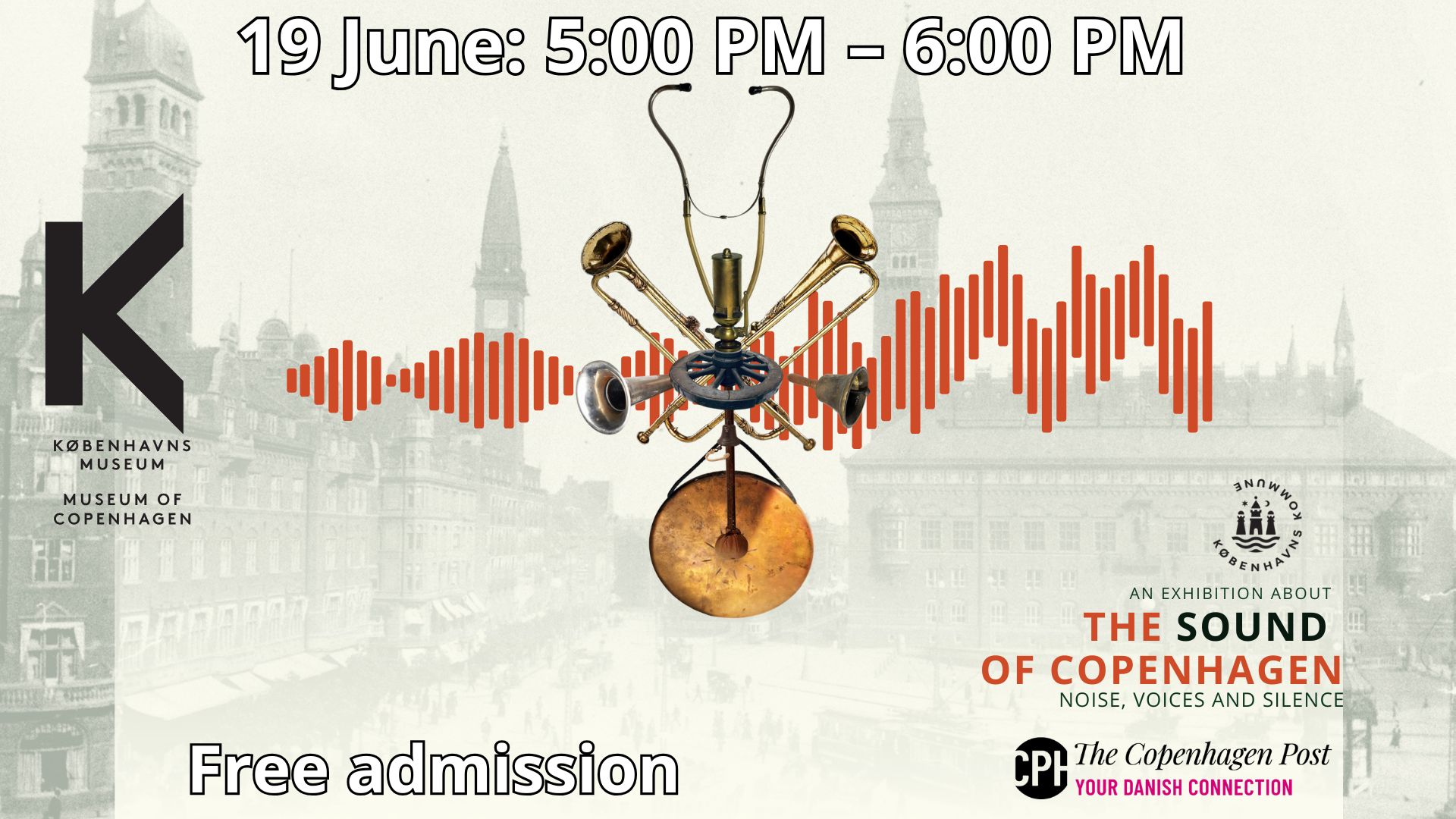We all know the feeling when, during a heavy night on the booze, the autopilot suddenly kicks in and we feel a violent compulsion to call a taxi home.
The timing of the call may not be pure chance, as a new study has revealed that around two hours after a binging session starts, the liver begins to produce large amounts of a hormone called FGF-21.
One more for my baby …
Inevitably perhaps nicknamed the ‘hangover hormone’, it is released into the bloodstream and targets special receptors in the brain, telling the drinker that they’ve had enough, reports Videnskab.dk.
Susanne Søberg from the Trygfondens centre for active health at Copenhagen’s Rigshospital is the prime mover on the study.
Søberg’s team found that two hours after drinking an amount of alcohol typical to one bottle of wine, the level of FGF-21 increased dramatically and the effect continued until the next day, before subsequently tailing off to normal levels.
… and one more for the road
As well as telling us when we’ve had enough, the hormone may also protect us from potential liver damage.
Although there is no clear clinical evidence for the idea that FGF-21 encourages moderation, experiments with mice indicate that there is something in it.
The mice were found to have drunk 30-40 percent less alcohol after having an injection of FGF-21, and monkeys have also shown a lower preference for sugar when they have been given the hormone.
There seems to be a connection between having a sweet tooth and a predilection for alcohol. The results of a Danish study of 7,000 people in 2017 testing this phenomenon have been backed up by a British study of almost 500,000 people this year.
It’s in the genes
Both studies found that people with a specific gene variant reacted differently to FGF-21 and drank more alcohol as well as eating more sweet things.
The Danish study also showed that people who didn’t like sweet things generally have a higher level of FGF-21.
“This indicates that FGF-21 influences how much sugar we eat, as well as the fact that our craving for alcohol and sugar is connected,” said Søberg.
“We don’t have the final proof yet, but it is very likely that the hormone’s function is to prevent us eating too much and drinking too much,” said Matthew Gillum, another member of the research team.














